There are many medicinal herbs that are good for the heart, but none stand out quite like Hawthorn.
Hawthorn (genus Crataegus), also called thornapple, is a genus of thorny shrubs or small trees in the rose family (Rosaceae), native to the north temperate zone. Many species are common to North America, and a number of cultivated varieties are grown as ornamentals for their attractive flowers and fruits.
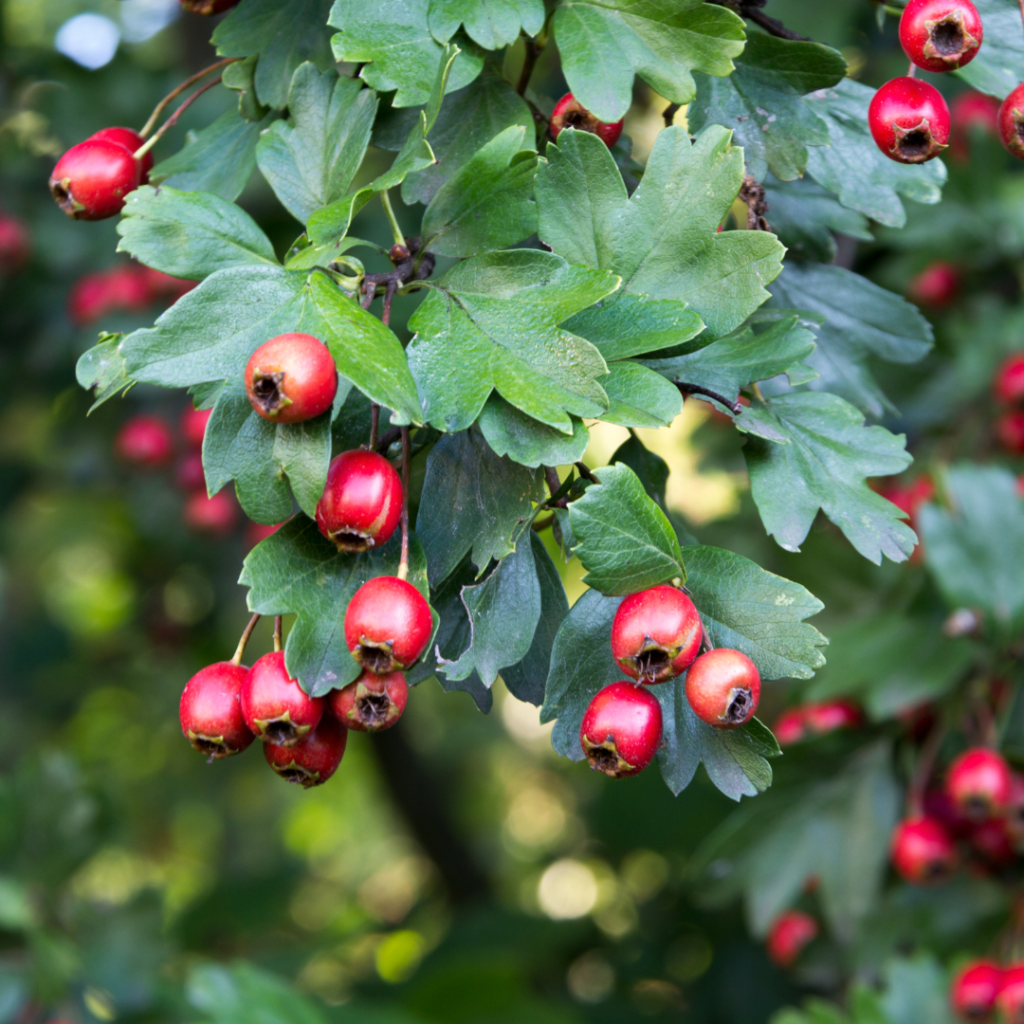
Hawthorn has played an important role in historical folklore throughout the world. In Europe hawthorn was believed to be a tree of magical enchantment and is strongly associated with Beltane, the ancient festival celebrating spring. In Celtic mythology it is one of the most sacred trees and symbolises love and protection. It is also believed that the crown of thorns that adorned Jesus’s head during the crucifixion was made of hawthorn.
The importance of this tree and it’s medicinal and magical value wasn’t just for the Europeans. In north America, many indigenous tribes used hawthorn to treat conditions including back pain, bladder ailments, consumption (pulmonary tuberculosis), diarrhea, mouth sores, and stomach complaints, and also as a mild laxative, to promote appetite, to prevent spasms, to poultice swellings, and to stop menstrual flow.
In addition to the flowers and berries being used as medicine, the large black thorns were used to make fish hooks, sewing awls, and lances for probing blisters, boils, and for piercing ears. Certainly an important tree with a lot to give.
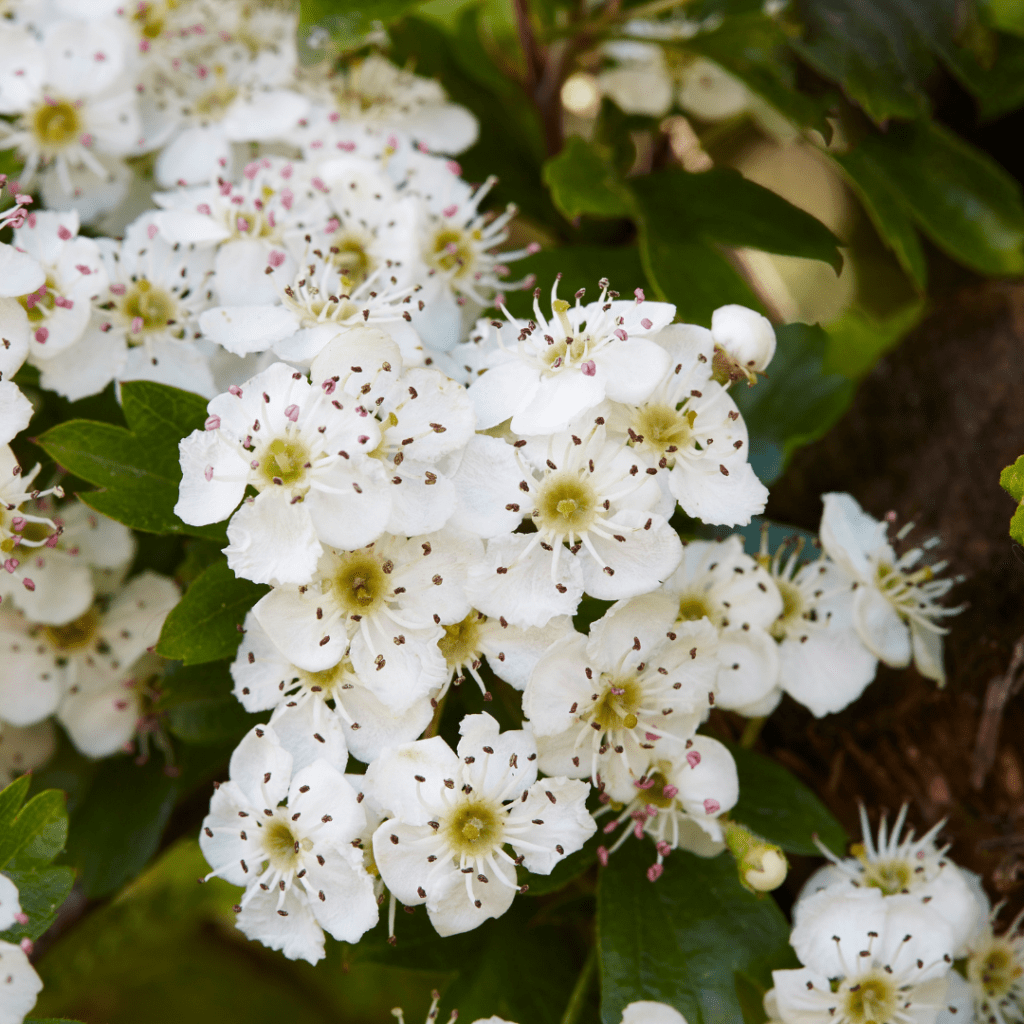
Hawthorn Benefits
Hawthorn is often called the heart herb for its various cardio-protective abilities. Prized for its ability to uplift and strengthen the heart both emotionally and physically, the hawthorn berry has been used for centuries as a natural remedy for all kinds of serious heart concerns. These include angina, high blood pressure, hardening of the arteries, irregular heart beat and even congestive heart failure.
In fact, hawthorn has been used to treat heart disease all the way back to the first century. Fast forward to the early 1800s and doctors in the United States were using this medicinal herb for respiratory and circulatory health disorders as well.
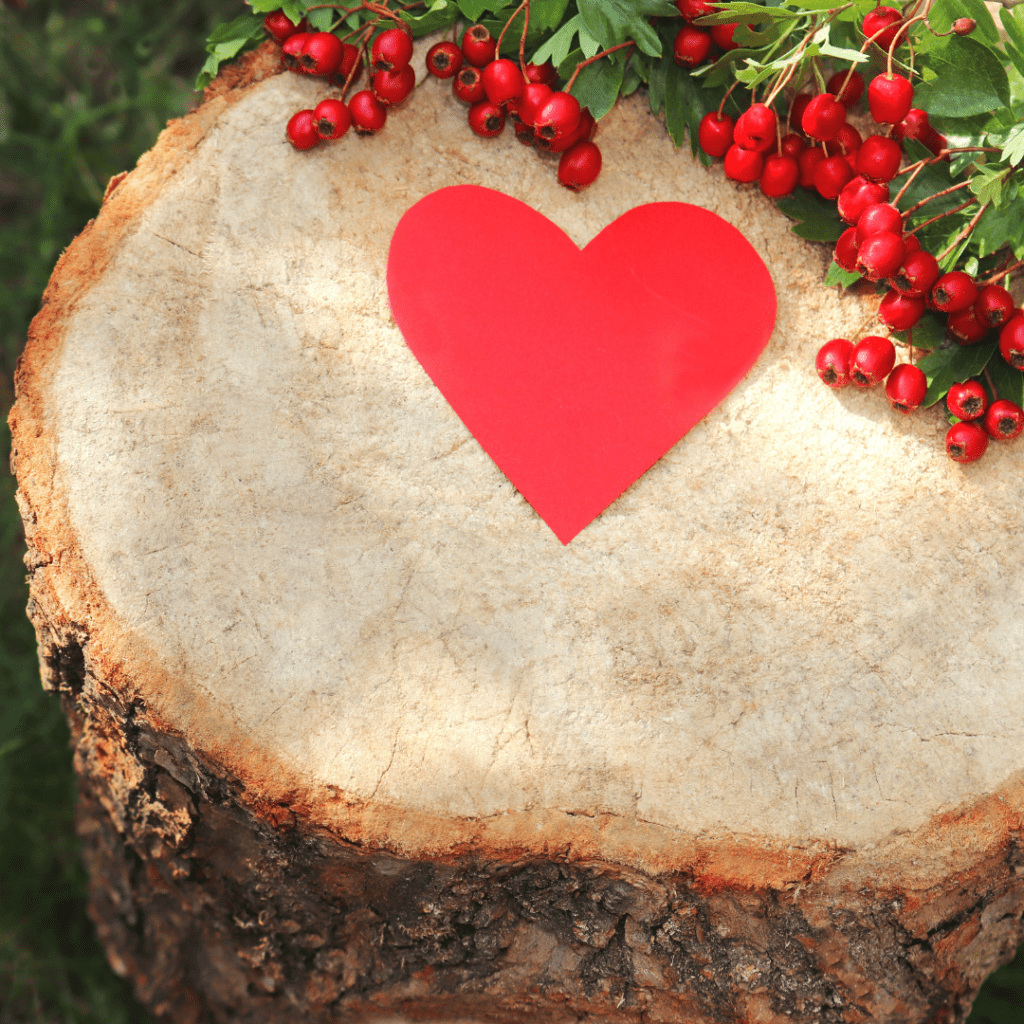
May Lower Blood Pressure: If you have high blood pressure, this berry may be just what you need! In herbalism and traditional Chinese medicine, hawthorn is one of the most commonly recommended herbs to help treat high blood pressure.
A 10-week study looked at the effects of taking hawthorn extract in 36 people with mildly elevated blood pressure. The researchers found that those taking 500 mg of the extract daily had reduced diastolic blood pressure.
In a 2006 study, researchers gave 1,200 mg of hawthorn extract to 79 people with type 2 diabetes and high blood pressure every day for 16 weeks. The people who took the extract experienced more blood pressure improvements than those in the placebo group.
Animal studies show that hawthorn can act as a vasodilator, meaning it can relax constricted blood vessels, ultimately lowering blood pressure.
May Reduce Blood Cholesterol Levels: Aside from eating a healthy diet, hawthorn may be able to help lower your cholesterol levels, naturally.
Some studies indicate that hawthorn extract may improve blood cholesterol levels thanks to its flavonoid and pectin content. Pectin is a type of fiber involved in cholesterol metabolism. Imbalanced blood cholesterol levels particularly high triglycerides and low HDL (good) cholesterol play a role in atherosclerosis, or plaque buildup in your blood vessels. If plaque continues to build up, it could completely block a blood vessel, leading to a heart attack or stroke.
In one animal study, mice that received two doses of hawthorn extract had lower total and LDL (bad) cholesterol, as well as 47% lower liver triglyceride levels, compared with mice that did not receive the extract. Similarly, a 6-week study in rats showed that when rats were fed hawthorn berry supplements, they had significantly reduced levels of fasting triglycerides and LDL (bad) cholesterol.
Lastly, a 6-month study in 64 people with atherosclerosis found that taking hawthorn extract at a dose of 2.3 mg per pound (5 mg per kg) of body weight significantly reduced the thickness of harmful plaque buildup in the carotid artery.
Used To Treat Heart Failure: Hawthorn berry is best known for its use in traditional contexts in treating heart failure, alongside other traditional medications. Heart failure is a condition in which the heart can’t properly pump blood.
Multiple studies have suggested hawthorn berry may have beneficial effects without severe adverse effects in people with heart failure. Studies mostly show improvements in heart function and heart-failure symptoms such as shortness of breath and fatigue. Researchers have suggested that compounds called flavonoids in hawthorn are responsible for these beneficial effects.
However, some evidence has suggested that hawthorn may be harmful in certain cases of heart failure. One study found that taking it alongside conventional treatments increased the risk that heart failure would progress. For this reason, people taking heart medication are advised to speak with their health care provider before use.
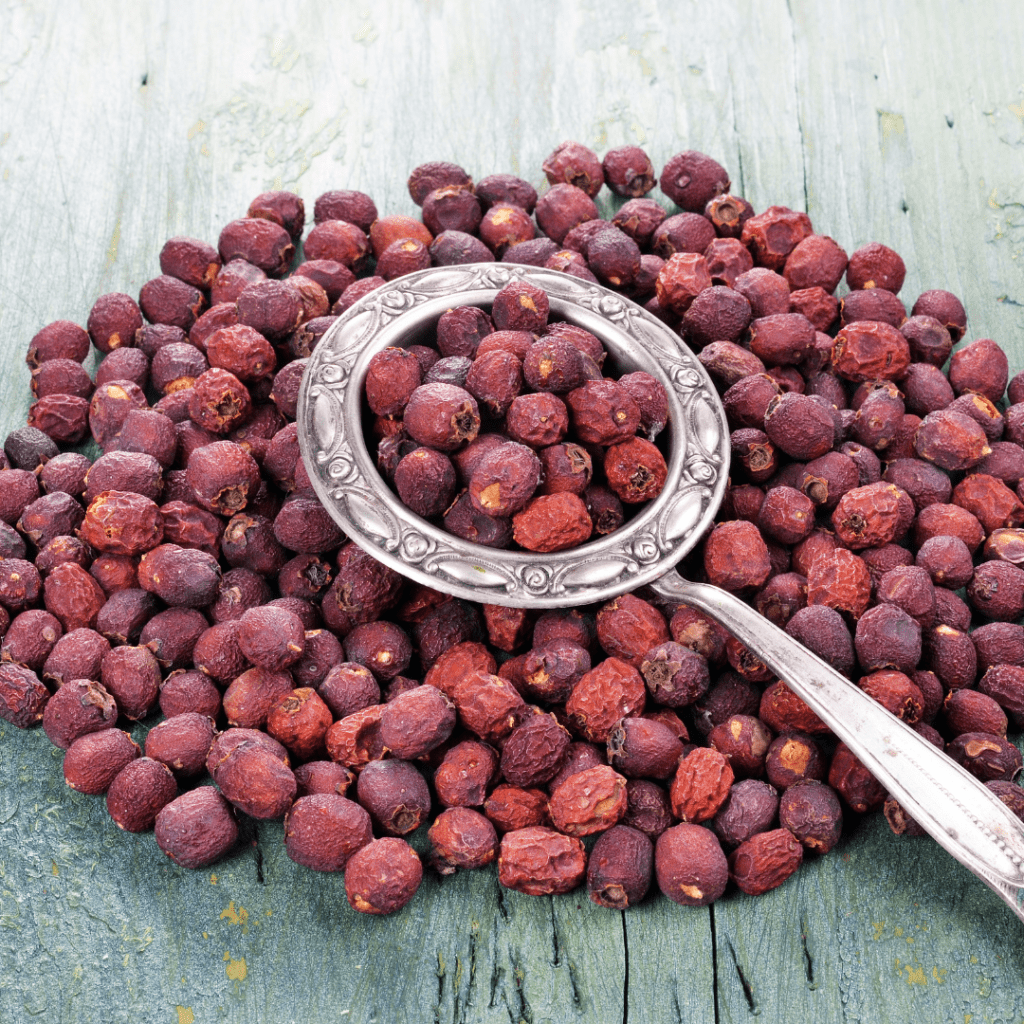
Loaded With Antioxidants: Hawthorn berry is a rich source of polyphenols, which are powerful antioxidant compounds found in plants. Antioxidants help neutralize unstable molecules called free radicals that can harm your body when they are present at high levels.
Free radicals can come from certain foods. You can also have higher levels of them as a result of exposure to environmental toxins such as air pollution and cigarette smoke. Polyphenols are associated with numerous health benefits due to their antioxidant activity, including a lower risk of some cancers, type 2 diabetes, asthma, some infections, heart problems, premature skin aging.
Used To Aid Digestion: People have used hawthorn for centuries to treat digestive issues, particularly indigestion and stomach pain.
The berries contain fiber, which has been proven to aid digestion by reducing constipation and acting as a prebiotic. Prebiotics are foods that nourish and promote healthy gut bacteria, which are vital to maintaining healthy digestion. One observational study in people with slow digestion found that each additional gram of dietary fiber people consumed was associated with a 30-minute decrease in the time between bowel movements.
May Have Anti-Aging Properties: Hawthorn berries may help prevent premature skin aging caused by collagen degradation due to excessive sun or ultraviolet light exposure.
One test-tube study found that a mixture of hawthorn and ginseng extract could prevent signs of aging by inhibiting wrinkle formation and increasing skin moisture. Research suggests that this effect may be due to the hawthorn berry’s antioxidant content.
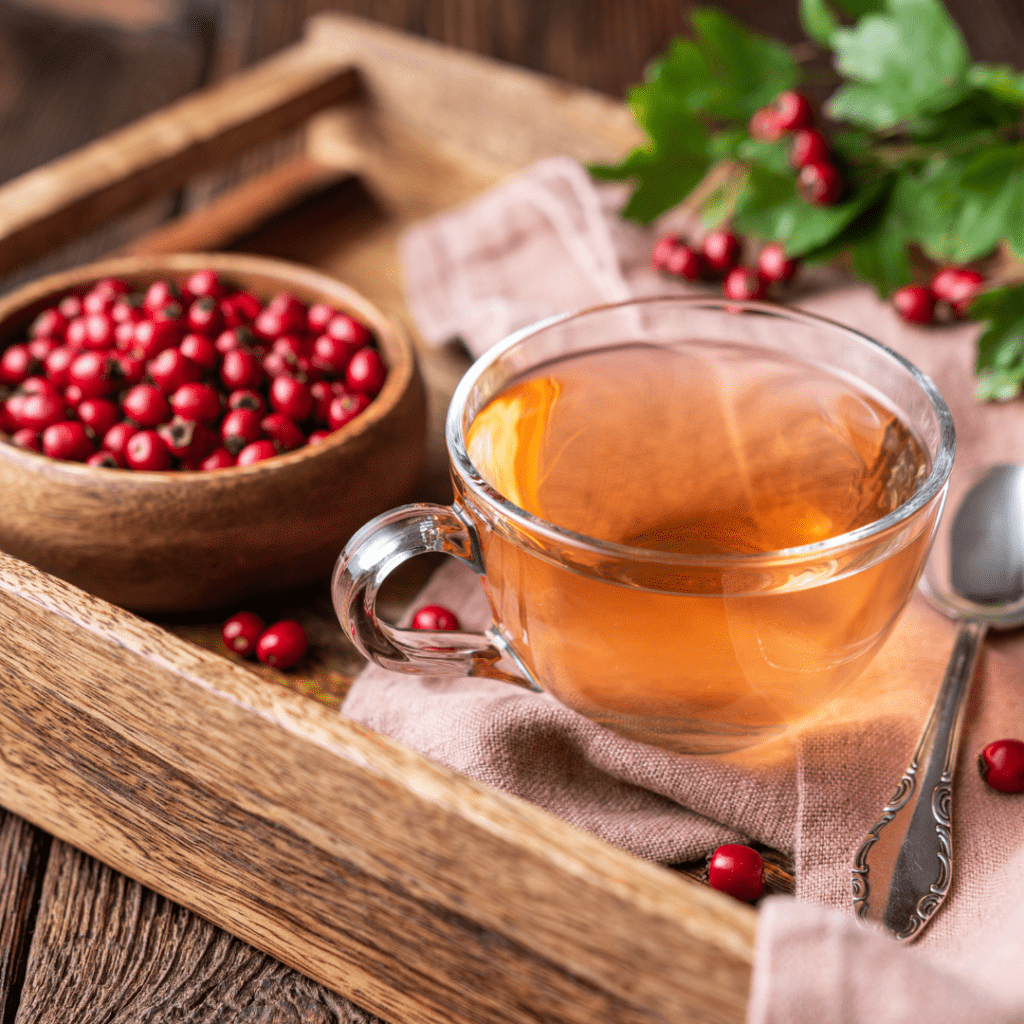
How To Use
The leaves, flowers and berries of hawthorn can be harvested throughout the season and dried for use in remedies.
Hawthorn tea is always a popular choice. It has a great flavor and blends well with other herbs.
Hawthorn Tea: 1-2 teaspoons of dried mix (hawthorn berries, flower, leaf)
Add 1 cup of boiling water and allow it to steep 10 minutes. Afterwards strain out berries and enjoy! Add honey if desired.
Hawthorn Tincture: Tinctures are liquid extractions where the medicinal properties of plants are pulled or extracted into alcohol. These preparations are the preferred choice of herbalist for their efficiency and effectiveness.
If you have never made a tincture follow our step-by-step guide. This will walk you through the process, dosages, etc.
Don’t want to make your own? HealthPrimitive has you covered. Click here to purchase our Hawthorn Heart Health Elixir.
Supplements: For people that prefer a pill, hawthorn berries can be purchased in supplement form. There are many reputable companies online that sell pure organic Hawthorn.
Culinary: Hawthorn berries have long been used as a culinary berry and are often made into jelly, jams, vinegar and even ketchup. Now, these creations won’t be as potent medicinally, but they surely will taste good!
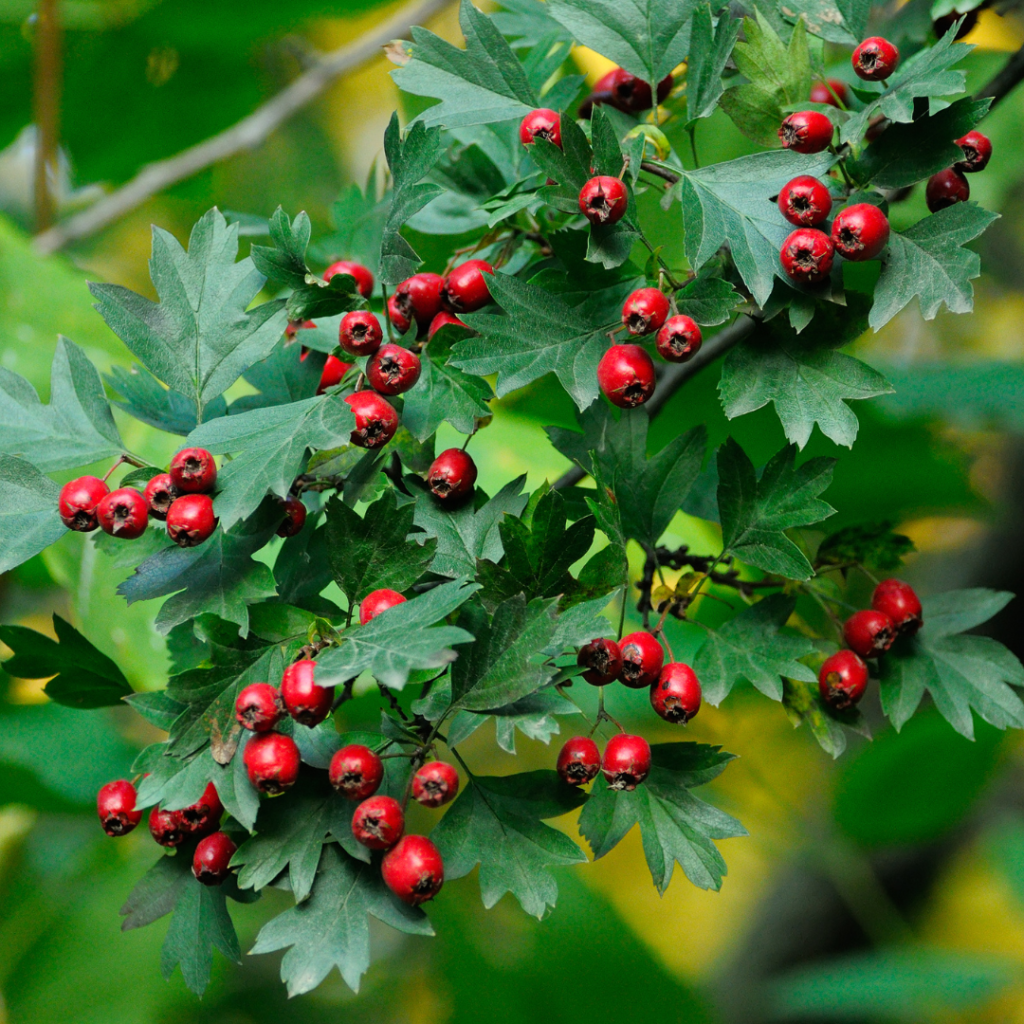
Safety Considerations
Not many side effects have been reported from taking hawthorn berries. Those that exist seem to range from mild to moderate. The most frequent ones people have reported are sweating, headaches, sleepiness, palpitations, mild rash, agitation, and gastrointestinal effects.
While these are not life threatening events, be sure to talk with a healthcare professional if you experience any of these symptoms.
Iteractions: Using medicinal herbs as alternative treatments for several diseases has become increasingly popular due to advantages such as fewer or milder side effects and reduced costs compared with standard modern therapies.
However, use of these herbs increases the risk of herb-drug interactions, which may alter the effects of standard drugs and lead to negative health effects by increasing, decreasing, or changing the effects of your existing medication.
Research on possible interactions between hawthorn berries and standard medications suggests a potentially harmful effect when people consume hawthorn berries along with heart medications.
Hawthorn berries can potentially increase the effect of blood thinners, blood pressure-lowering drugs, and medications for heart failure. Additionally, hawthorn may increase the activity of digitalis, a medication used to treat congestive heart failure and arrhythmia, or heart rhythm issues. This may increase the risk of toxicity and heart arrhythmia. If you’re taking medication for your heart, speak with a healthcare professional before using hawthorn berry supplements.
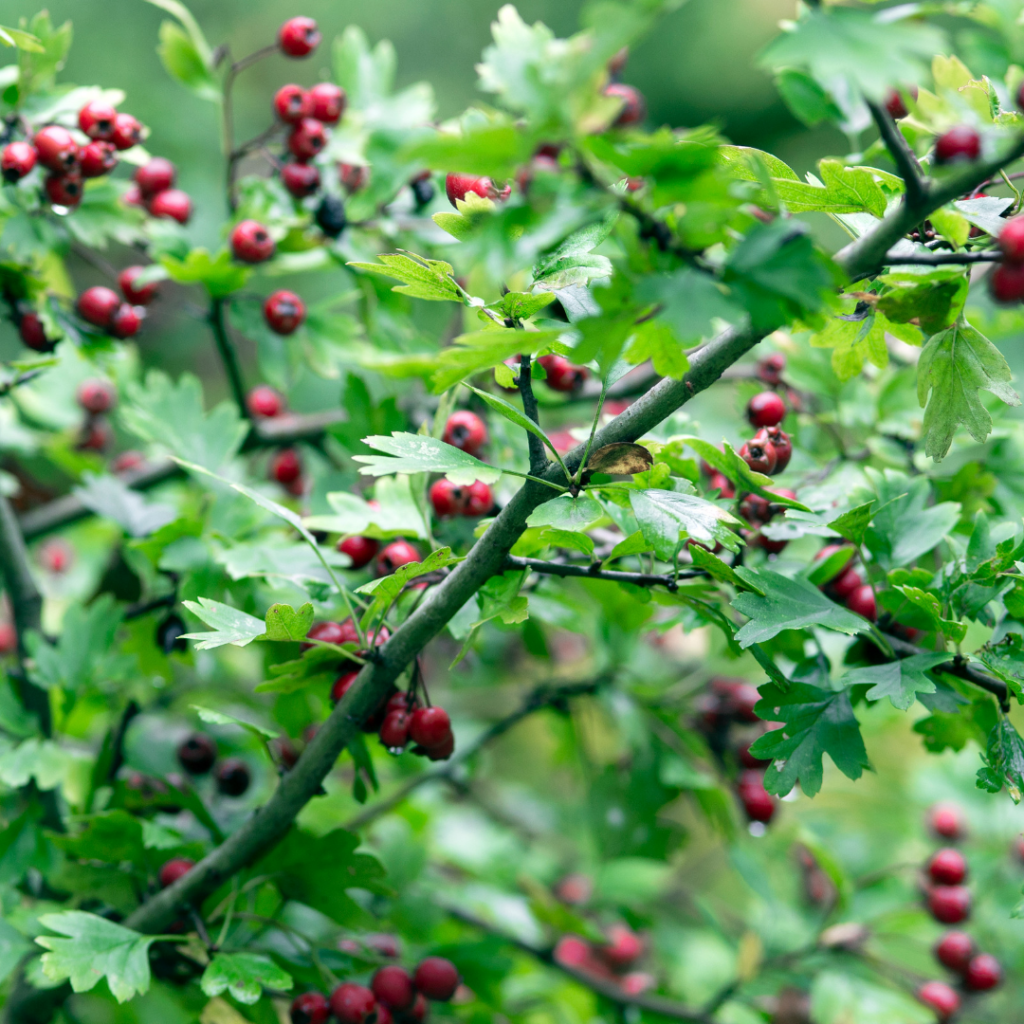
Final Thought
In the years that I have been doing herbal medicine, hawthorn has always been my number one recommendation for people suffering from high blood pressure, heart disorders and high cholesterol. Before you resort to the allopathic route of medication, give hawthorn a try. You won’t be disappointed you did!
Stay Wild
Sources below
https://www.mountsinai.org/health-library/herb/hawthorn#:~:text=Hawthorn%20is%20used%20to%20help,treat%20boils%20and%20skin%20sores.
https://www.ncbi.nlm.nih.gov/pmc/articles/PMC7914879/
https://www.ncbi.nlm.nih.gov/books/NBK501831/
https://www.ncbi.nlm.nih.gov/pmc/articles/PMC7155419/
